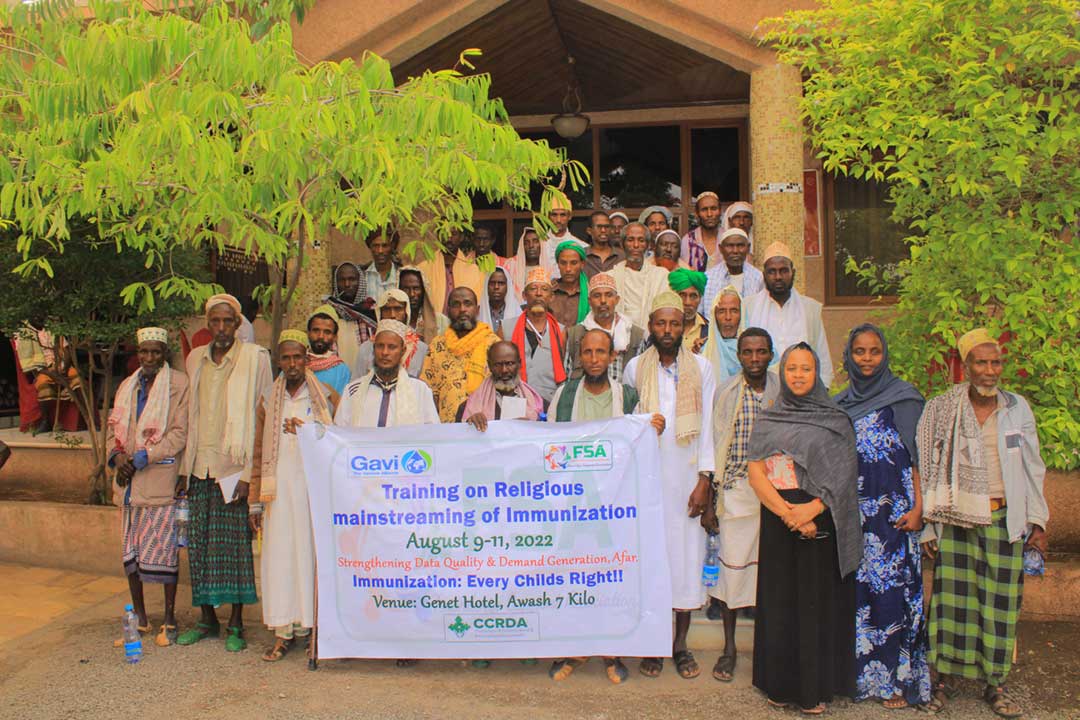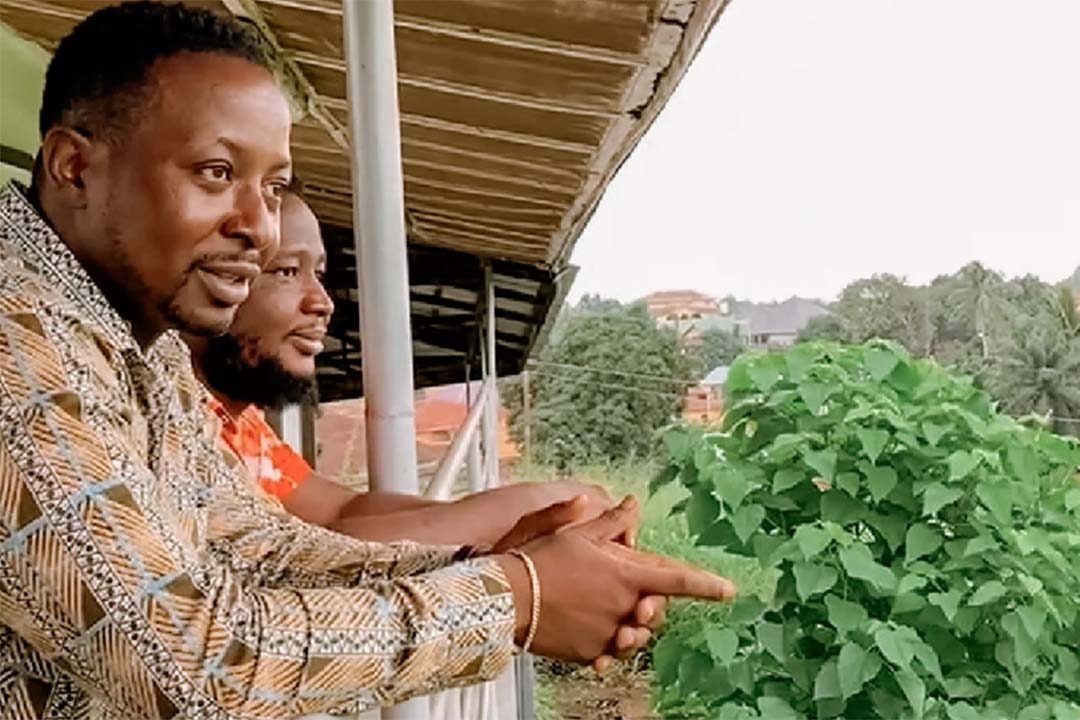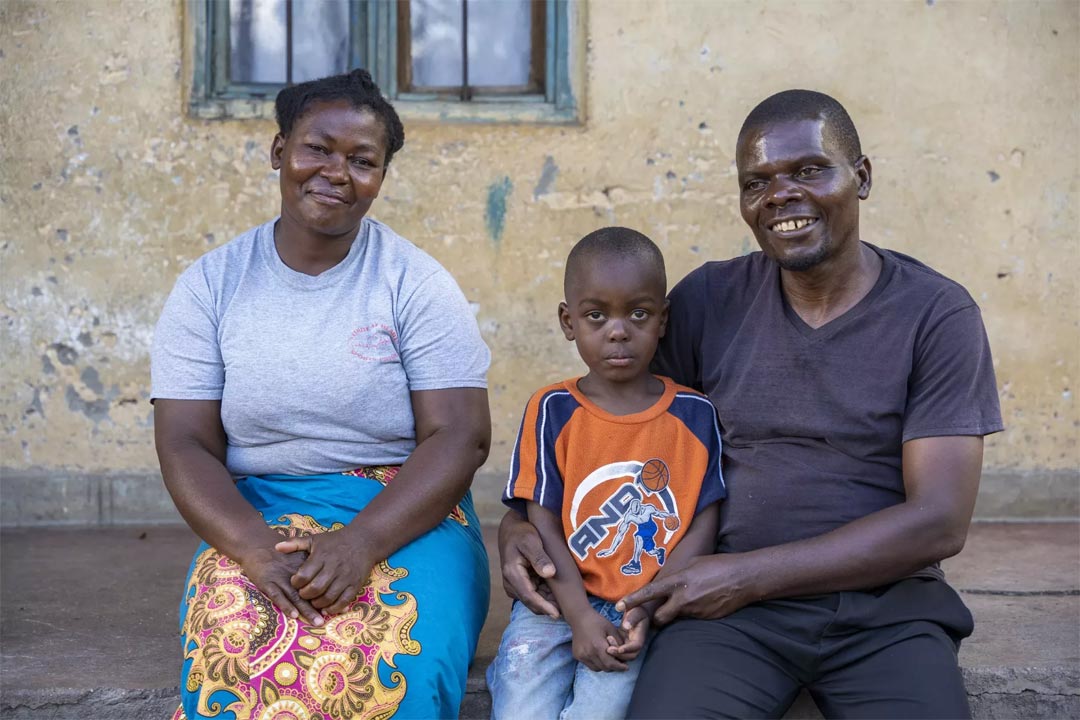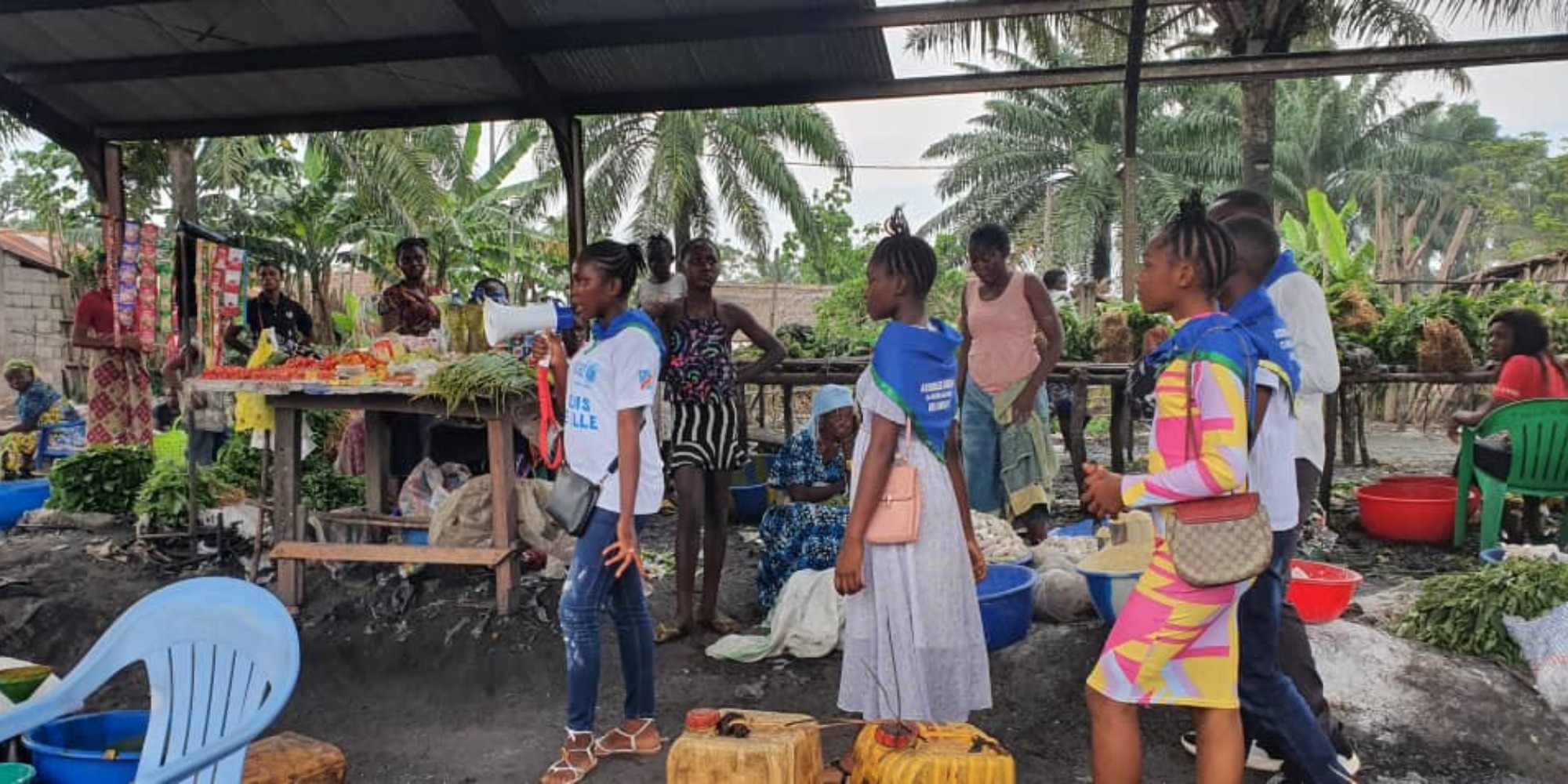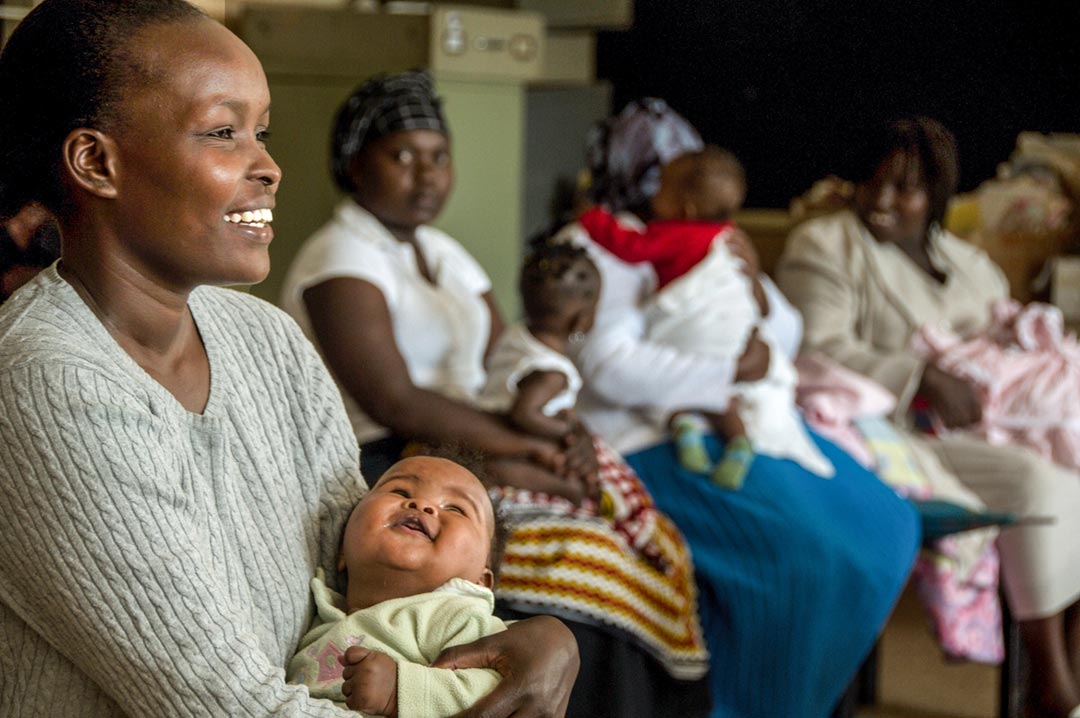Reaching every child with vaccines: a monumental challenge in the mining areas of the DRC
Many children in the DRC’s resource-rich mining zones have never received a single dose of vaccine. In Lualaba province, VaccinesWork caught up with the health teams trying to remedy that.
- 16 April 2024
- 5 min read
- by Patrick Kahondwa

In many villages of Lualaba, where the mining industry reigns supreme, people are frequently on the move. In Shabara and other villages of the province, which lies in the south of the Democratic Republic of the Congo (DRC), families come from all backgrounds in search of a better life.
Accessing vaccination services poses a challenge for these mobile communities, who are often less informed about the risks of infectious diseases, and struggle due to time constraints and limited resources to reach health care facilities. This is precisely where the DRC's Expanded Programme on Immunization (EPI) steps in, conducting campaigns in a bid to ensure that every child is reached.
Like Okala, many of the unvaccinated children here hail from families grappling with poverty and adversity. While routine vaccination services are available, they often take a back seat to other pressing concerns for these families, given the expenses and logistical hurdles involved.
"Lualaba has practically become a crossroads where many people are drawn for various reasons. This leads to an influx of populations from all corners of the country, requiring measures to support all these populations. We believe that special attention should be given to Lualaba, as these movements can facilitate the emergence of epidemics," explains Dr Patrick Tshinawej, a coordinating physician with the EPI in Lualaba province.
Sylvie, a food seller in the mining settlement of Shabara, which falls within the health zone of Fungurume, a city rich in minerals including cobalt, copper, and uranium, is among the new residents of the region. While she was returning home with her three-year-old daughter, Okala, they encountered an EPI team, which was administering vaccines to children around the mining areas to protect them against potentially deadly infectious diseases.

Credit: Lopongo Ndjadi/PATH DRC
Recognising the importance of vaccination, Sylvie promptly ensured her child received the necessary shots. "Three years ago, we resided in Kasumaba Luilu in Haut-Lomami. My daughter hadn't been vaccinated," said Sylvie. "Despite her good health, I fretted over her well-being. Today, I'm relieved she's been immunised."
Reaching children on the move
In the health zones of Fungurume and Dilala, where unvaccinated children are prevalent, various strategies are being implemented. These areas are focal points for the country's health system due to their association with mineral extraction. Like Okala, many of the unvaccinated children here hail from families grappling with poverty and adversity. While routine vaccination services are available, they often take a back seat to other pressing concerns for these families, given the expenses and logistical hurdles involved.
Surveys conducted in 2017 and 2018 indicated that only 21% of children in Lualaba province were fully vaccinated. But the latest survey in 2022 shows a notable increase, to 44.8%.
At the Kawama Health Centre in Lualaba, Apollinaire, a nurse, diligently conducts daily vaccination drives in the mining regions together with his colleagues. Each day, the team manages to reach over 80 children. Despite facing significant challenges, Apollinaire finds gratification in these daily achievements.
"To reach children on the move, we must conduct daily outreach activities, increase funding and improve access to primary health care services right in the neighbourhood," he explains.
Have you read?
Mobile teams have been dispatched to strategic locations such as Nguba, Tenke and Manika, where large numbers of travellers converge, in order to target unvaccinated children or those requiring catch-up vaccinations.

Credit: Lopongo Ndjadi/PATH DRC
"We have recently introduced community-based strategies to reach out to these children, which include urban vaccination and vaccination at key junctions. One such location is the Nguba stop, frequented by 50 to 100 trucks from across the Republic. Each day, we identify over 300 eligible children among the travellers in this area," reassures Dr Tshinawej.
Forward leap
Since a protocol agreement was signed between the Bill & Melinda Gates Foundation and provincial authorities, significant strides have been made. Surveys conducted in 2017 and 2018 indicated that only 21% of children in Lualaba province were fully vaccinated. But the latest survey in 2022 shows a notable increase, to 44.8%.
"We have witnessed a marked improvement in locating children who haven't received any vaccine and those who are under-vaccinated," states Dr Jacques Mukaba, chief medical officer of the Fungurume health zone. "Vaccination efforts are progressing as planned, aligned with national policies, and we are committed to reaching all eligible children for vaccination, regardless of their location or circumstances," he emphasises.
Dr Tshinawej highlights the Mashako Plan, which aims to ensure vaccines reach even the most remote areas, as a step forward in improving logistics. However, he acknowledges that significant challenges persist. "Data from the previous year, awaiting updates, show that 1,800 children were reached in mining areas. Yet, their mobility is unregulated; they may receive the first vaccine dose in one mining site and move to another weeks later. While the Congolese health system lacks an advanced computer system to pinpoint the parents of unvaccinated children, we remain hopeful of achieving this in due time."
“We have witnessed a marked improvement in locating children who haven’t received any vaccine and those who are under-vaccinated."
– states Dr Jacques Mukaba, chief medical officer of the Fungurume health zone
He further emphasises the issue of geographical accessibility, noting, "There are regions where it takes us up to five or even ten days to reach, sometimes requiring aviation support. Despite these obstacles, our determination remains unwavering."
Follow the author on X (Twitter) : @PatrickKahondwa
More from Patrick Kahondwa
Recommended for you
